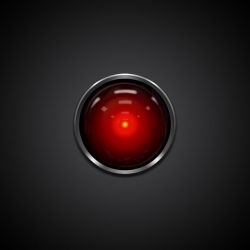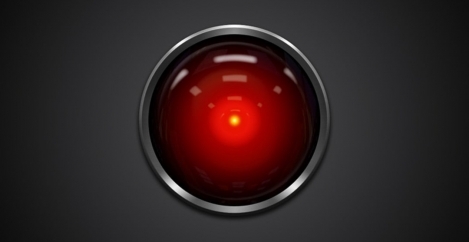March 9, 2023
More than one in three Americans fear artificial intelligence could take their jobs
 A survey of 3,000 employees across the United States has shed light on the extent to which workers are concerned about the growth of artificial intelligence (AI) and its impact on their job security. The research, carried out by FreelanceWritingJobs.com, claims that just over 1 in 3 (35 percent) Americans are worried about the possibility of AI making their professions redundant.
A survey of 3,000 employees across the United States has shed light on the extent to which workers are concerned about the growth of artificial intelligence (AI) and its impact on their job security. The research, carried out by FreelanceWritingJobs.com, claims that just over 1 in 3 (35 percent) Americans are worried about the possibility of AI making their professions redundant.
When analysed by state, the survey found that workers in New Hampshire are the most concerned about AI’s impact on their jobs, with 71 percent of respondents indicating their concern. Conversely, the state with the least concern was Nebraska, where only 17 percent of respondents expressed worry about AI’s impact on their job security. This disparity may be due to the fact that Nebraska is a traditional farming state, and agriculture has yet to be significantly impacted by artificial intelligence.
The results of the survey also broke down workers’ concerns by industry. Surprisingly, workers in the technology industry were the most concerned, with 64 percent of respondents indicating their worry. This paradox can be explained by the very nature of the tech industry itself. Workers in tech are often highly knowledgeable about the latest advancements in AI and understand the potential for automation to take over many tasks that were previously performed by humans. This can lead to a heightened sense of vulnerability and uncertainty about their own job security. Moreover, the pace of technological change in the tech sector is faster than in other industries, and the introduction of AI systems has already resulted in the automation of many jobs in areas such as customer service and data analysis. This has only added to the anxieties of tech workers who see the writing on the wall and fear for their own futures.
The least concerned workers were those in the public service sector, where only 19 percent of respondents expressed concern. While this result may come as a surprise to some, it highlights the resilience and stability of public sector jobs and the (perhaps misplaced) belief that they are less likely to be impacted by technological changes. The public sector, which encompasses government agencies, schools, and other organizations, is often seen as a bastion of stability, providing a secure and stable career path for employees. One reason for the low level of concern among public sector workers may be the perception that the government is less likely to adopt new technologies, including AI, as quickly as the private sector. Public sector organizations often have more bureaucratic processes and regulations in place, which can slow down the implementation of new technologies. This means that public sector workers may feel that their jobs are less vulnerable to automation and other forms of technological change.
In the hospitality industry, 59 percent of workers expressed concern about AI’s impact on their jobs. Healthcare workers were not far behind, with 44 percent indicating their worry. In the legal industry, 52 percent of workers expressed concern, while in retail and tourism, 43 percent of respondents expressed worry.
The finance industry saw 42 percent of workers expressing concern, while 38 percent of workers in the real estate industry indicated their worry about AI’s impact on their jobs. IT workers were also concerned, with 52 percent indicating their worry, as were those in education (44 percent) and engineering (44 percent). In the media industry, 52 percent of journalists expressed concern, while 41 percent of engineers indicated their worry.
Lastly, the results of the survey also showed that 36 percent of workers admit to using artificial intelligence in their day-to-day jobs to make their work easier.












